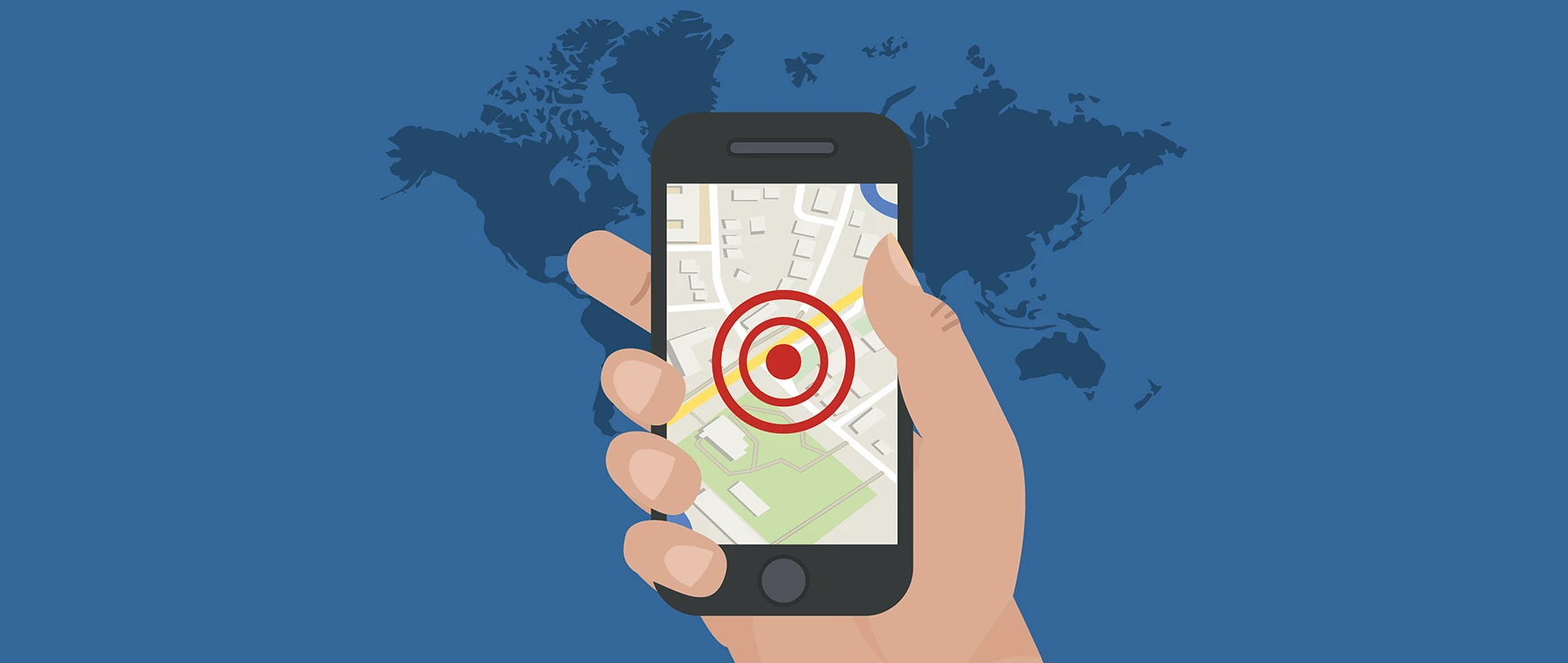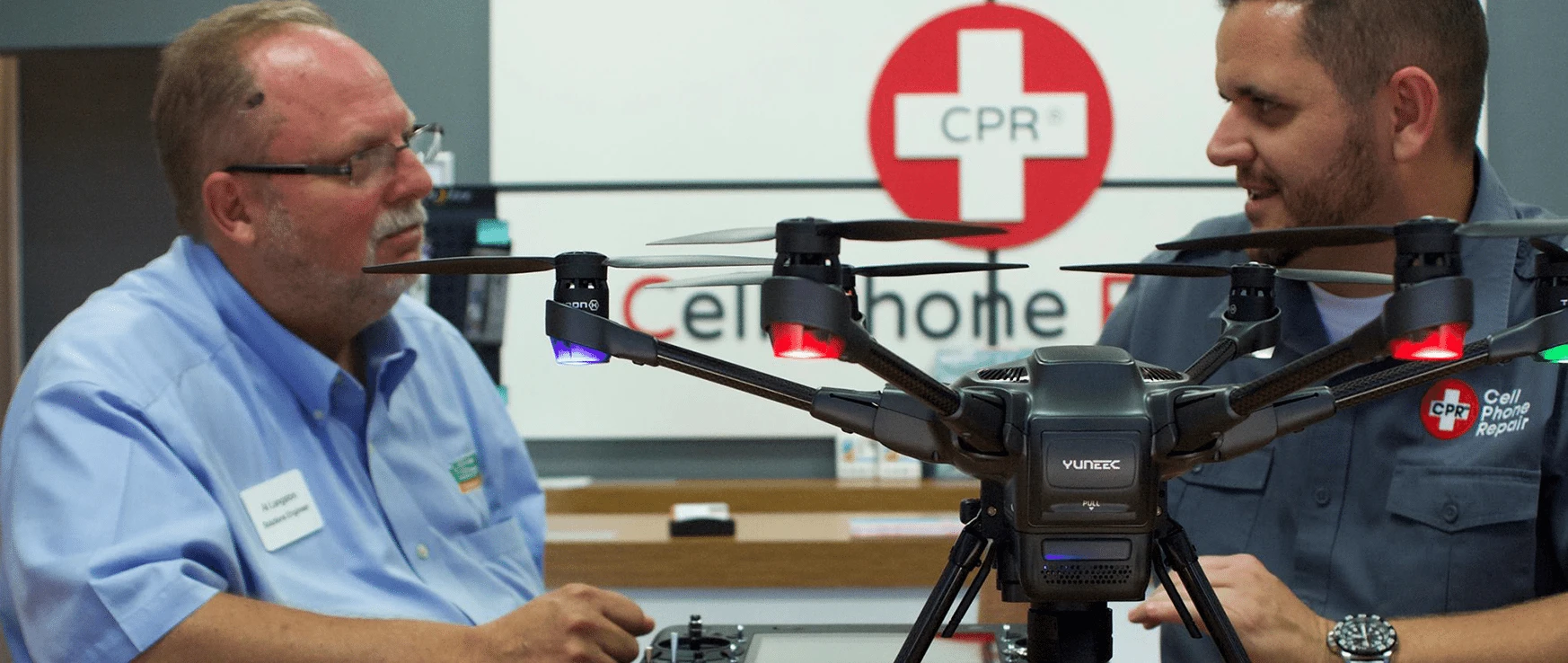Mobile Location Tracking & Your Privacy

Whether you know it or not, your smartphone and some of your applications could passively track your location. For GPS-based apps, like Google Maps or Foursquare, location tracking is obvious and necessary, but others, like Airbnb, can leave you scratching your head about why they are tracking your whereabouts.
Concerned about privacy protection? Read on for some helpful information about mobile location tracking from CPR Cell Phone Repair.
Mobile Location Tracking 101
Mobile location tracking is the verification of the position or location of a smartphone using radio signals from multiple cell phone towers or via the phone’s GPS. Location tracking technology discloses the actual coordinates of the mobile device and, by extension, its user. Telecommunication companies use this recorded information in several ways. Some consumer-facing retail or media companies with apps use location tracking to enhance their services. They do this by sending helpful tips based on where you are at any given moment. Other social media apps like Snapchat or Facebook use the technology as a way to share your location with friends and followers.
However, many apps collect and store data, often with the intent to use or repurpose this information in some way. Companies can sell your information to other brands or use it to target advertisements and marketing campaigns.
The Electronic Privacy Information Center asserts that this information allows advertisers to associate users’ online activities with their actual identities, which raises privacy concerns. In fact, research from AT&T found that 19 out of 20 social media websites and associated applications shared information with third parties in that way.
Location Tracking & Data Collection
Increasingly, mobile location tracking and data collection can have significant implications for consumers’ constitutional rights to privacy, covered by the Fourth Amendment.
But, mobile location tracking can also be a powerful communication tool. There are a few instances in which this technology can be a good thing.
- Smartphones can use location tracking to help you find your device if it is lost or misplaced.
- Theft protection or recovery software and associated applications can use this data to locate a device in the event that it is stolen.
- Parents can utilize this technology as a sort of parental control; they can see where their underage children are at all times.
- Law enforcement can use mobile location tracking in cases of missing person reports or suspected criminal activity (though a warrant and/or consent is usually required).
- Short-term location sharing can allow friends to find each other at crowded events.
How to Turn Mobile Location Tracking Off
Most of the time, passive location tracking is unnecessary and can drain your phone’s battery life. If privacy protection is important to you, get in the habit of disabling this feature when not in use.
How to do this depends on what type of phone you have. Buried in your smartphone’s privacy settings is an option that will allow you to deactivate continual tracking from your network or closed apps.
If you have an iPhone:
- Access your phone’s Settings and choose General.
- Go to the Background App Refresh option.
- From here, you can choose to turn it off entirely, or you can turn it off for certain applications. A blue arrow accompanies apps that passively track your location.
If you have an Android:
- Locate the Settings option.
- Select Google.
- Then select Location.
- Finally, choose Google Location History and turn it off.
If you have any questions concerning mobile location tracking or if you need a repair, contact CPR Cell Phone Repair. With over 400 locations nationwide, there’s bound to be a CPR store close to you.



